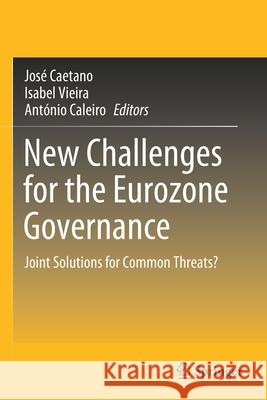New Challenges for the Eurozone Governance: Joint Solutions for Common Threats? » książka
topmenu
New Challenges for the Eurozone Governance: Joint Solutions for Common Threats?
ISBN-13: 9783030623746 / Angielski / Miękka / 2022 / 344 str.
New Challenges for the Eurozone Governance: Joint Solutions for Common Threats?
ISBN-13: 9783030623746 / Angielski / Miękka / 2022 / 344 str.
cena 644,07
(netto: 613,40 VAT: 5%)
Najniższa cena z 30 dni: 616,85
(netto: 613,40 VAT: 5%)
Najniższa cena z 30 dni: 616,85
Termin realizacji zamówienia:
ok. 16-18 dni roboczych.
ok. 16-18 dni roboczych.
Darmowa dostawa!
Kategorie:
Kategorie BISAC:
Wydawca:
Springer
Język:
Angielski
ISBN-13:
9783030623746
Rok wydania:
2022
Ilość stron:
344
Waga:
0.48 kg
Wymiary:
23.39 x 15.6 x 1.83
Oprawa:
Miękka
Wolumenów:
01
Dodatkowe informacje:
Wydanie ilustrowane











